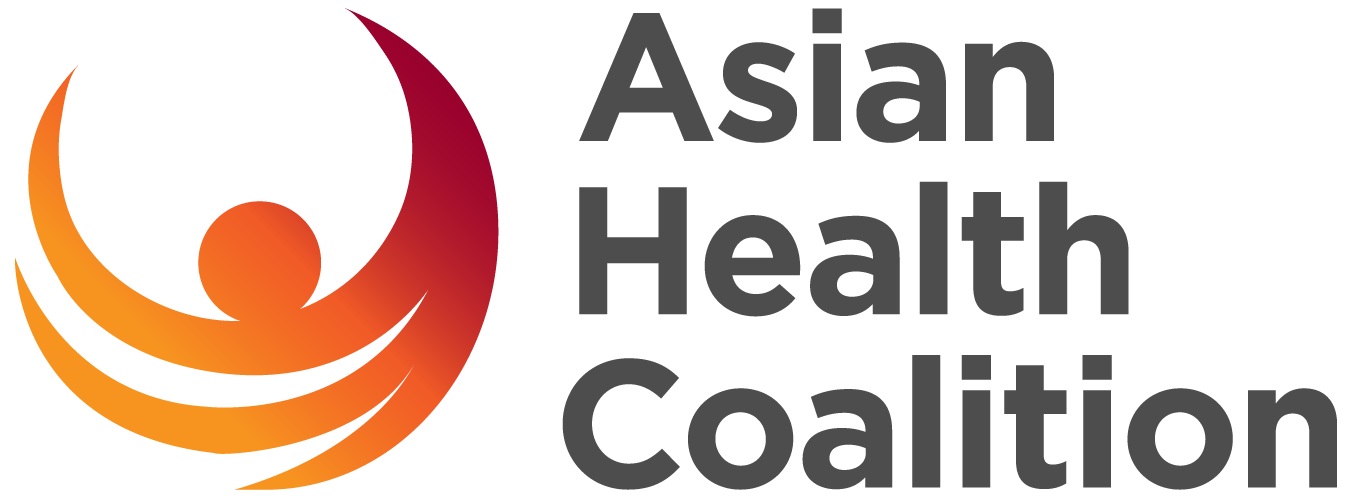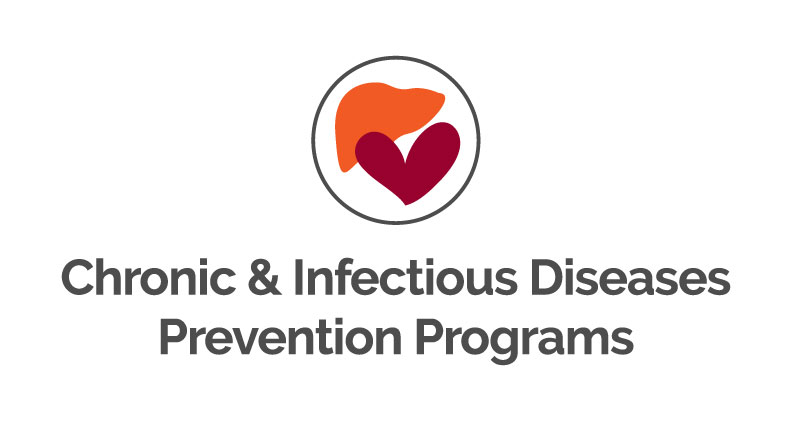Diabetes Management and Impact for Long-Term Empowerment & Success (MILES)
PROGRAM DESCRIPTION:
Diabetes Management and Impact for Long-Term Empowerment & Success (MILES) is an initiative that commenced in December 2012. It assessed the self-efficacy of an evidence-based Diabetes Self-Management Program (DSMP) to control diabetes among underserved Asian populations in Chicago. MILES was the first pilot intervention in Chicago’s Asian communities to use an evidence-based DSMP with a dual-pronged approach through (1) community collaborations and (2) a diabetes health educator team led by a registered nurse and bicultural/bilingual community health worker. The pilot targeted diabetic and pre-diabetic individuals from limited-English speaking Chinese and Korean immigrant communities.
TARGET POPULATION:
Asian American immigrant and refugees Communities in metropolitan Chicago
PARTNERS:
• Chinese American Service League
• Korean American Community Services
PROGRAM GOALS:
• Build organizational capacity for linguistically and culturally appropriate diabetes programming through the training of partner agency staff
• Improve diabetes self-management practices and self-confidence among target community members
• Document partner and community acceptance of the DSMP and lessons learned for potential dissemination and program replication to other Asian and refugee communities.
Diabetes Prevention Project in Asian Communities (DPPAC)
PROGRAM DESCRIPTION:
From 2009 to 2011, the Diabetes Prevention Project in Asian Communities (DPPAC) was focused on chronic disease self-management diabetes education for individuals from the community who are at-risk for or have been diagnosed with type 2 diabetes. Through targeted education, individuals were empowered to manage their health, as well as attain the life and behavioral change skills to make the most effective use of the health care system and relevant resources. In addition to enhancing individual behavioral change, DPPAC addressed systemic change by providing access to disease self-management in a culturally and linguistically sensitive manner, recognizing that Asian immigrants tend to underutilize health care programs and services largely due to cultural differences and linguistic barriers. Support for this program was made possible through a grant from the Searle Funds at the Chicago Community Trust.
PARTNERS:
• Chinese American Service League
• Chinese Mutual Aid Association
PROGRAM GOALS:
• Implement evidence-based Stanford-developed Chronic Disease Self-Management program
• Adapt a culturally and linguistically appropriate diabetes self-management curriculum
• Improve awareness and knowledge of diabetes management topics in three of Chicago’s Asian communities
• Illustrate the importance of community partnerships to provide culturally and linguistically relevant health education and outreach.
KIMBAP
PROGRAM DESCRIPTION:
KIMBAP was made possible by a one-time Communities Putting Prevention to Work grant spanning from 2011 to 2012, that was awarded from the Centers for Disease Control and Prevention to the Chicago Department of Public Health. The model community program goal aligned with the nationwide effort of developing local level policy, system, and environmental changes that resulted in residents having increased access to healthy lifestyles. The project addressed obesity through diabetes self-management and increased culturally and linguistically appropriate resources for Korean residents in suburban Cook County.
PARTNER:
Korean American Community Services
PROGRAM GOALS:
• Implement evidence-based Stanford-developed Chronic Disease Self-Management program
• Adapt a culturally and linguistically appropriate diabetes self-management curriculum
• Improve awareness and knowledge of diabetes management topics in three of Chicago’s Asian communities
• Illustrate the importance of community partnerships to provide culturally and linguistically relevant health education and outreach.



